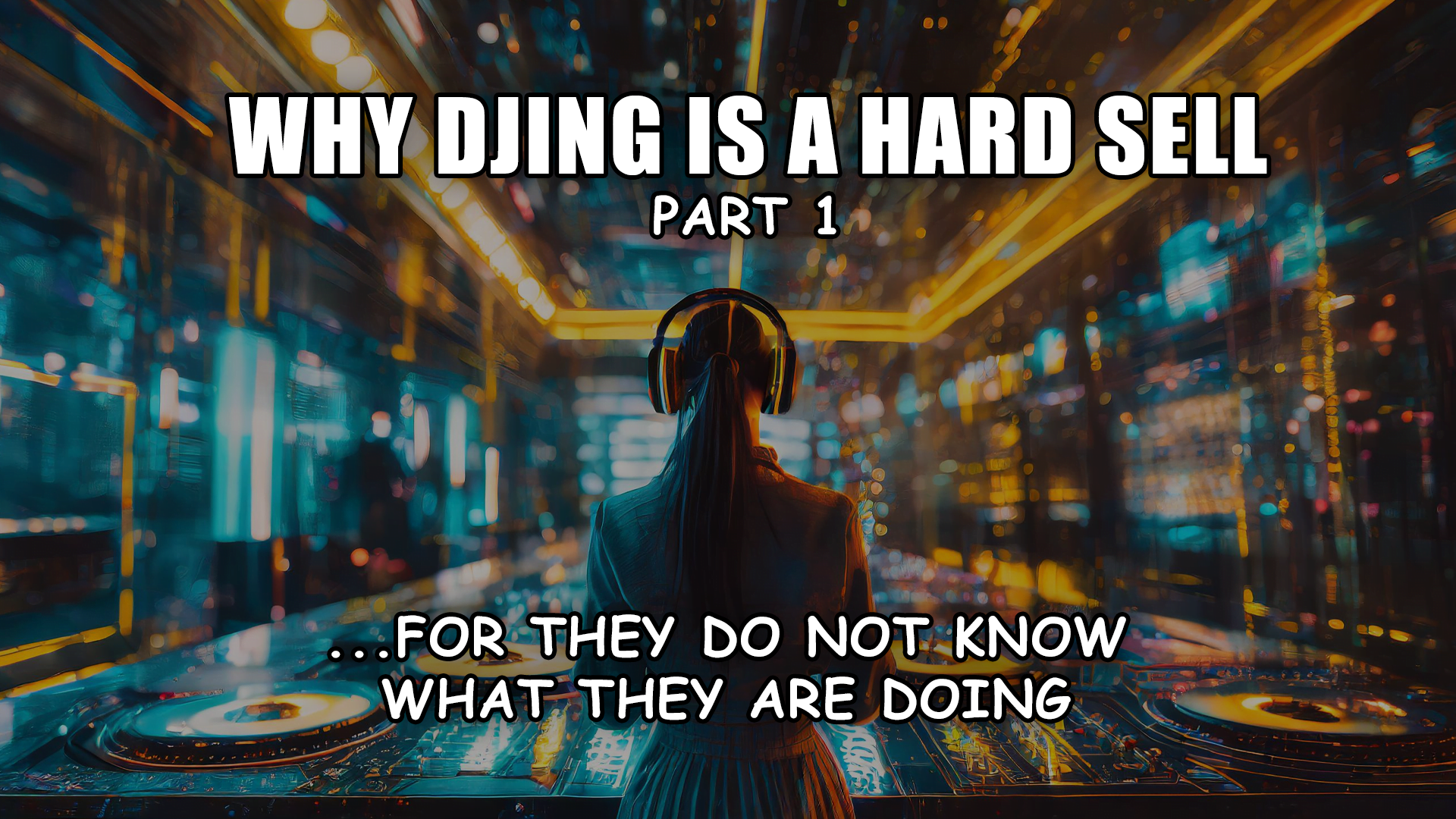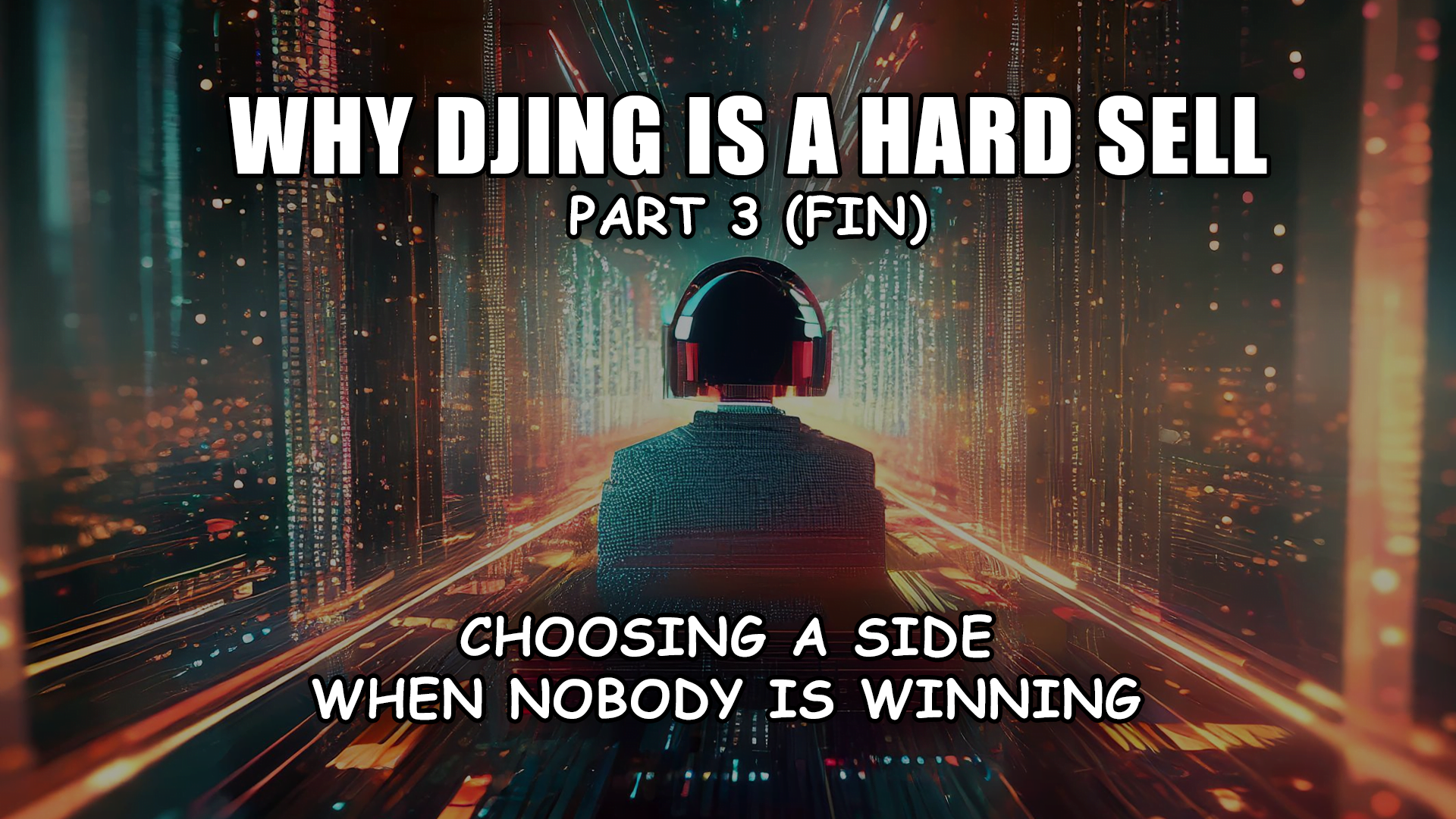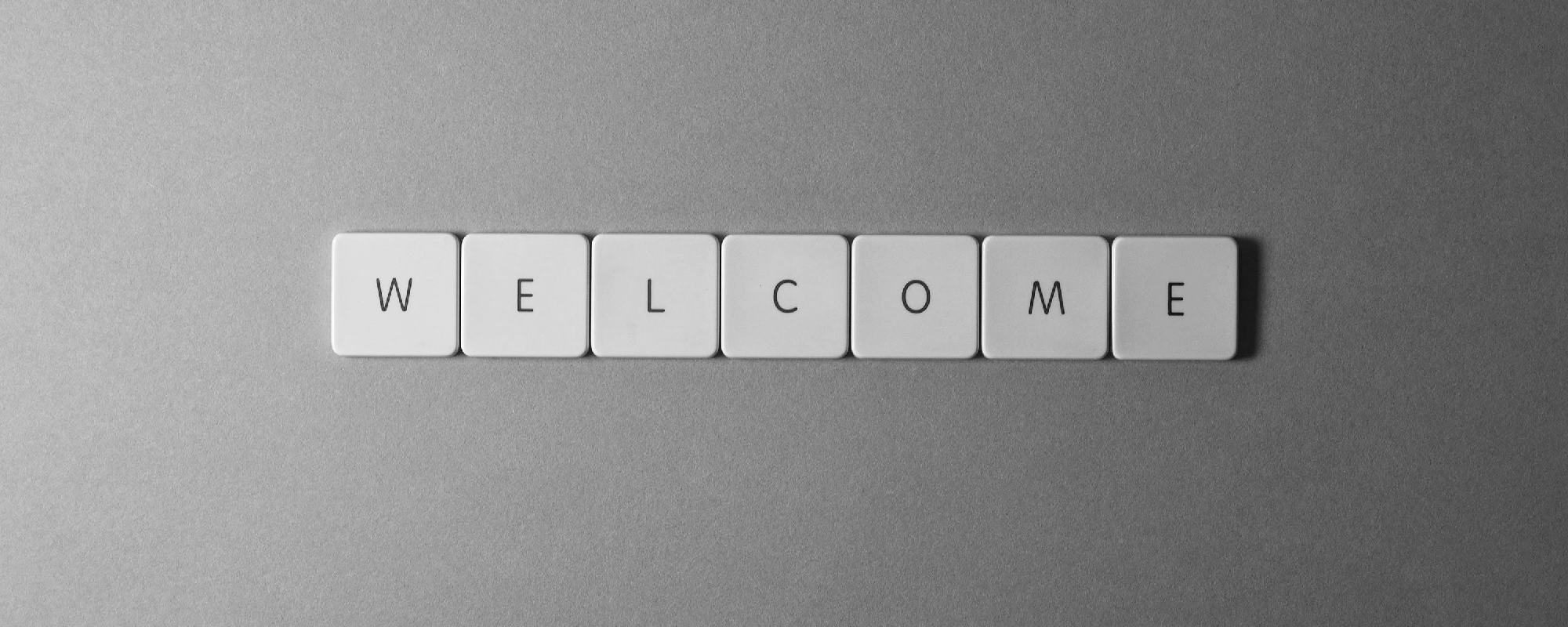Objectively speaking, there isn’t a whole lot left to reinvent about DJing. Sure – every couple of years, between the annual drops of self-professed game changers that reliably change absolutely nothing, we get something that makes our ears perk up a bit. Things like instant stem separation. However, what looks great on paper, and in carefully-curated demos sounds almost acceptable, often ends up as yet another thing in your DJ software you don’t really know how and when to use.
I can hear the torches and pitchforks clanging in the distance as the crowd prepares to comment-bomb links to a handful of tiktoks/reels/shorts that each show a micro-routine where the instant stems feature looks like it makes total sense. Videos that make you believe this is totally the next thing since the last thing that didn’t manage to become the current thing, but guess what: social media doesn’t reflect reality (gasp!).
HASHTAG REAL DJS
In reality, a lot of DJs are just… not good. And I don’t mean bad, morally, as in “walking into a situation with malicious intent”. I just mean… not good. Not even in the sense of failing to read the room, and pick the right song. I mean the intricacy of weaving that selection into something… well, good. See, I’m struggling to describe this using words, which is one of the reasons why humans invented music – but I hope we can all agree that there’s a lot behind the statement “that was a good set”.
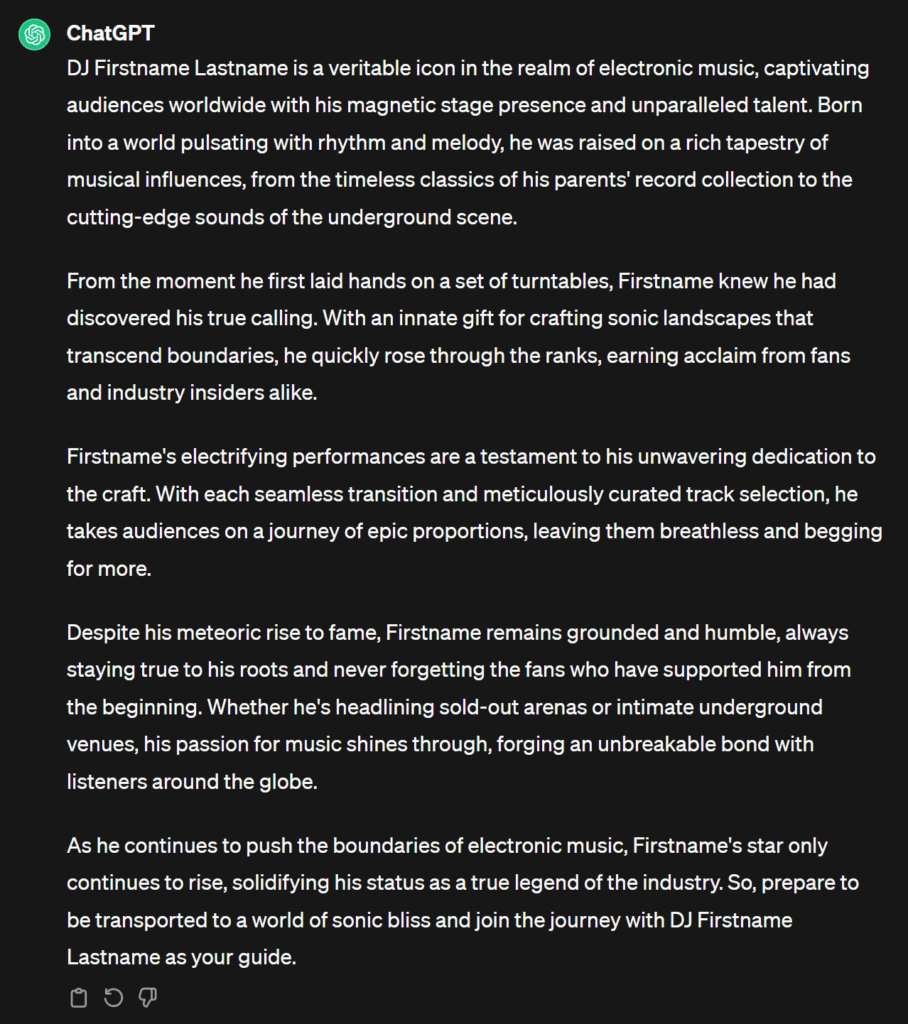
DJ bio blurbs describe good DJing as “taking someone on a journey” often enough for chatGPT to get trained on it. A bold claim, considering that the “journey” is pretty much a person just going A/B on the Beatport Top 100 from that one genre they like playing. From an educated listener’s perspective, it lacks the not-air Morpheus was teaching Neo to not-breathe in the dojo Construct – and yes, I just made a Matrix reference: adaptation, improvisation, technique. All of this is informed by a profound understanding of the tools we use to do the things we do with the music we love.
For well over a decade, we’ve had tools that make our life so easy, the barrier to entry is buried under a giant pile of great options to choose from. But the existence of these tools hasn’t improved the art form much – because hardly anyone is really taking advantage of them. To this day, I regularly run into people who (funnily enough, unlike me) do this for a living and struggle to figure out the most basic things about their setup.
And by “basic” I don’t mean “hmm, I’m not sure how to build a giant stack of conditionals that give each RGB pad 12 contextual functions each with a unique colour depending on which part of the controller I look at through my AR glasses“. I mean “eh, I don’t know how to delete this hotcue“. I mean people who have had playlist controls on their mixer for a decade, and still lean over to drag a track onto the wrong deck using their Macbook’s touch pad. Oops.
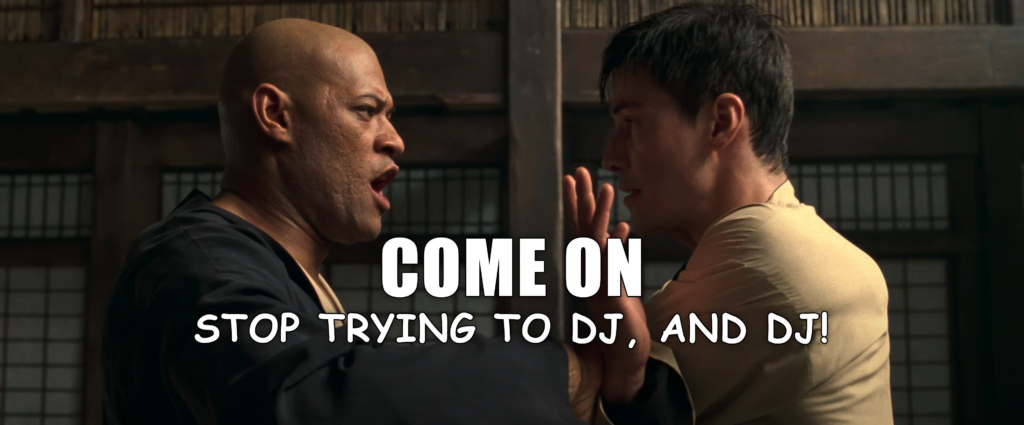
In the context of my opening words, I mean people who know that MixedInKey has been a thing for nearly 2 decades, know that their DVS has lesser but adequately functional alternatives built in, and still happily blend off-key instrumentals and acapellas like it’s a good idea. Those people don’t need instant stem separation – I would go as far as saying they don’t deserve it, but let’s be nice and look at how they got here in the first place… because I think it’s not really their fault.
Last summer I recall giving 2 people an impromptu masterclass about beatgrids, backstage, around 4AM. They’d just watched me play and didn’t understand how I did a 4-deck transition from psytrance to drum’n bass using master tempo and loops. They refused to accept that this wasn’t a rehearsed transition in a planned set, but something I just improvised in the moment. Some of you will rightfully think “well that doesn’t sound like rocket science” and you’re right – if you think that, then to you it isn’t. But that’s likely because your frame of reference has shifted over the years, and what other people consider aspirational is something you do on muscle memory.
The point is that the level of DJing most DJs (and most punters!) are perfectly happy with can be achieved with whichever controller you grab off the rack. It may seem like an unpleasant truth, but there’s nothing unpleasant about it if we’re honest. It’s OK! We don’t all have to be mixologists. The best DJ sets I’ve ever heard were in fact not technical at all – just an incredible selection of the best songs for that given moment. One cue point, the crossfader moved over at the right time. Maybe an echo out. You can do that shit on a phone.
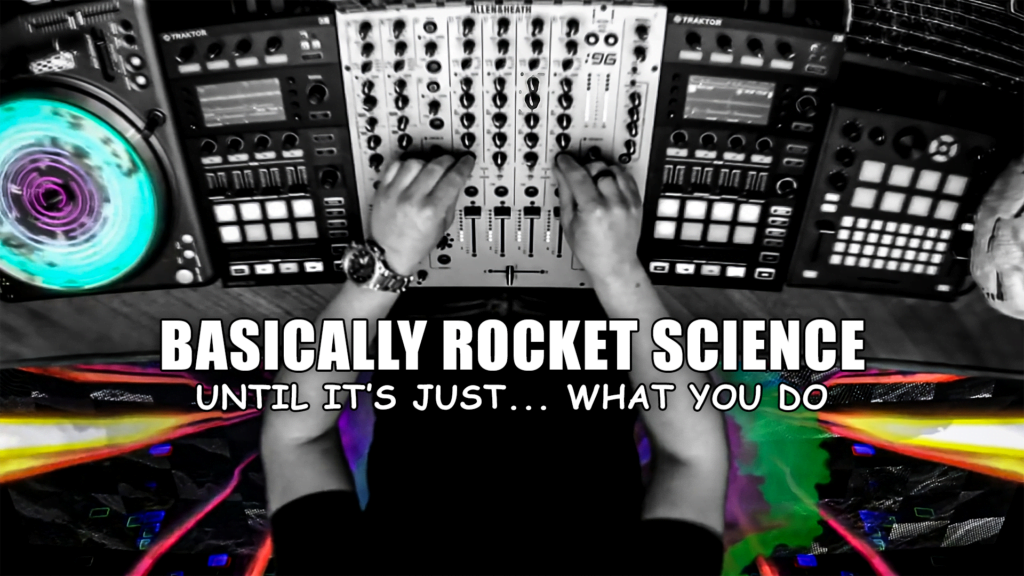
Of course, you can get intricate about your transitions, harmonic mixing, multi-deck, phrasing, timing, looping, scratching, juggling, (re)sampling, stacks of effects, external gear, tying in DAWs, visuals. But who does that? Statistically, nobody. Because it’s hard. The industry is trying their darndest to make it easier, but the only thing they’ve succeeded in is to make it more accessible. Those are two very different things.
Gatekeepers may disagree, but I personally think it’s great that literally anyone can now hook up a cheap box to their laptop and play a set using a bunch of songs they like. What’s sad about it is that it’s also where most people’s progress stops. Because all those fancy things DJs can now do, even if they are accessible, still require a lot of effort to produce good results. They’re still hard, just easier to try and fail at. And the industry is doing very little to change that.
The result is a bunch of DJs who are just… not good. Because they get distracted by all the fancy shit that should, in a healthy learning curve, be introduced to a DJ’s skill set at a much later point. When you’ve got the basics of selection, timing and mixing down to a tee. Not when you’ve first plugged in your controller and whatever software you happened to get bundled with it greets you with a thousand things that are super fun, but also lightyears beyond your current skill level.
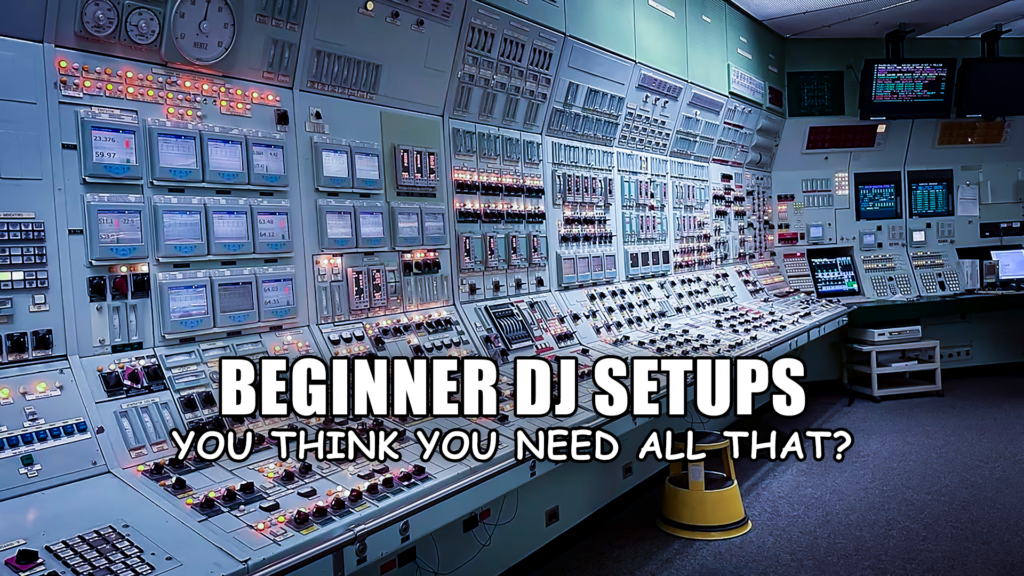
It’s a toxic, demotivating combination of decision paralysis and the promise of instant gratification. You have more tools, effects and other fluff than you will likely ever need – and on paper, they all work. It’s hard to choose which ones to add to your arsenal, but you soon realize it doesn’t really matter. Because whichever you ultimately pick will likely end up disappointing you as you realize that it’s not quite as easy to pull off the wizardry you’ve seen in a well-rehearsed routine in the launch video. This can thoroughly kill all the enthusiasm a newcomer brings to the (turn)table.
We, that is DJs and the DJ tech industry alike, have to understand that the trickle-down trickonomics of advanced DJing is as much of an illusion as the thing it paraphrases. All promotional efforts ride on a very select group of highly talented individuals that frankly could make a showcase routine on an entry-level controller from 15 years ago and still completely wreck your shit. Sure, you can get the same tools they just used in that video – but you’re exactly [their talent and experience] away from achieving a comparable outcome.
And yet, this is how most new things in the DJ tech space are introduced to the public. Why?
We’ll explore some answers in part 2.
